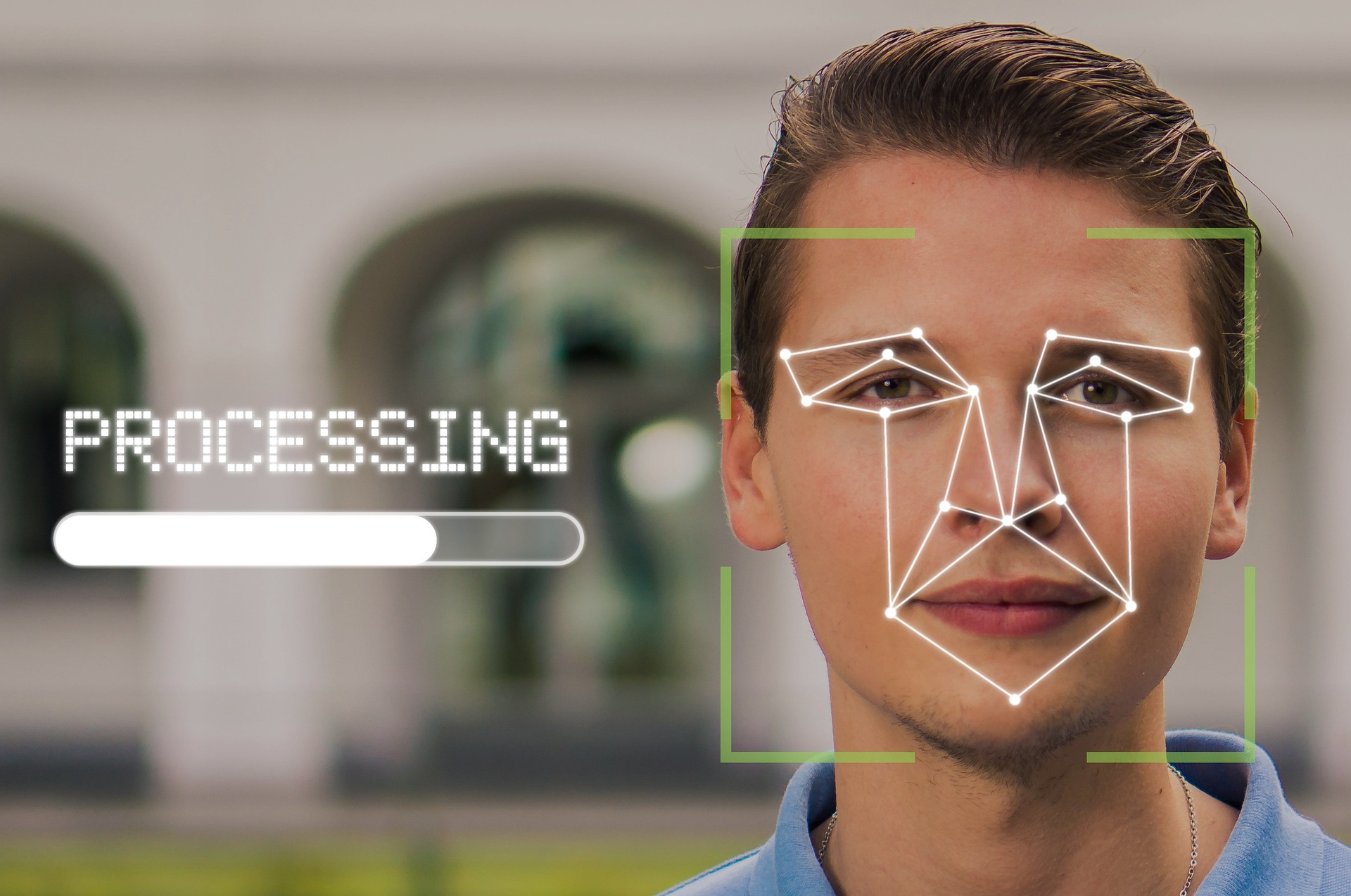The Legal Implications of Artificial Intelligence: A Brief Overview
Introduction: Artificial Intelligence (AI) is rapidly transforming various sectors, including law and government. In this article, we delve into the legal implications of AI, discussing historical context, recent developments, and potential impacts on society.
Background: AI and the Law
Artificial Intelligence, once a concept confined to science fiction, is now a reality shaping numerous industries. In the legal field, AI has been employed in tasks like document review, legal research, and even predicting case outcomes. However, the introduction of AI into the legal system also comes with several complex legal implications that warrant a closer look.
Legal Issues Arising from AI
AI has brought forth new legal issues. For instance, who should be held accountable when an AI system causes damage or harm? Traditionally, liability rests on human actors, but in the case of AI, determining responsibility becomes more complex. Another issue is the potential infringement of intellectual property rights by AI systems. For example, if an AI creates a piece of art or a literary work, who owns the copyright?
Recent Legal Developments
Several jurisdictions have begun grappling with these legal challenges. For instance, the European Union released a draft regulation in April 2021 proposing strict rules on AI uses that pose significant risks to safety or fundamental rights. It also suggested a legal framework for AI accountability and transparency.
The Impact of AI on Legal Practice
AI has the potential to revolutionize legal practice. It can increase efficiency, reduce costs, and improve accuracy. However, it also raises concerns about job displacement for legal professionals and the ethical implications of AI decision-making in legal matters.
Implications and Impact on Society
AI’s legal implications extend beyond the legal field, impacting society at large. The question of accountability, for instance, affects consumers who interact with AI systems. The issue of job displacement concerns the entire workforce. As such, understanding the legal implications of AI is crucial not just for legal professionals, but for everyone.
In conclusion, AI is a game-changer in the legal field, presenting both opportunities and challenges. As AI continues to advance, it is imperative for legal systems worldwide to adapt and evolve, ensuring they can effectively address the unique legal issues that AI presents.






